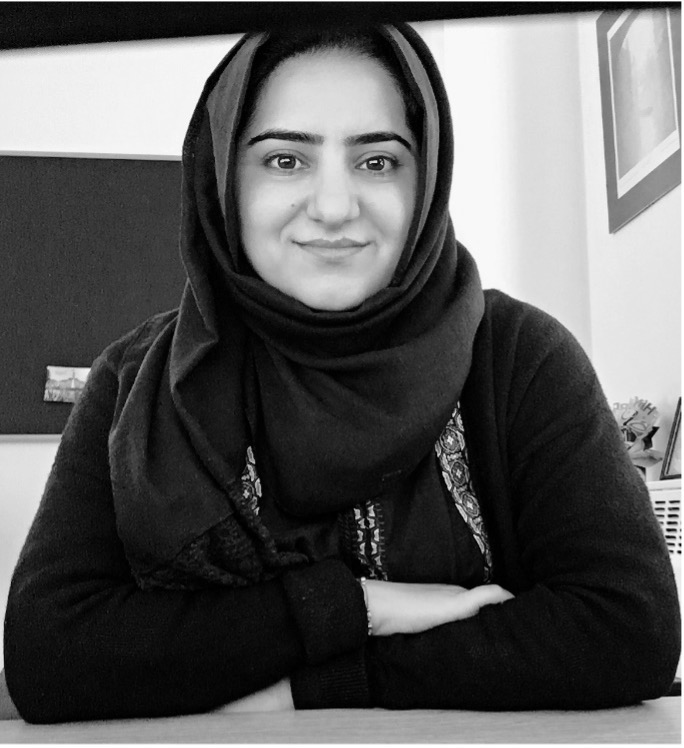
In this post, Dr Kalsoom Jaffar reflects on the challenges international students face in gaining critical thinking skills, and shares her experience as a presenter at the Learning and Teaching Conference. Kalsoom is a Lecturer in Business Education (Finance) at Edinburgh Business School. This post is part of the Hot Topic: Learning and Teaching Conference 2022.
Critical thinking is considered the foundation on which workplace decisions are based, and a skill that potential employers expect new graduates to possess. In the face of the debate about students lacking critical thinking skills and business programs developing new frameworks to tackle the issue, it is necessary to understand the issue from the students’ perspective. This is particularly important when it comes to international students studying in British universities. Despite their familiarity with higher study, they are also often learning in a language that is not their native tongue. That said, they bring with them rich and diverse educational traditions and professional experience – and different complexities.
Most universities have established learning and development centres to support students in their learning and academic writing. These programmes and centres aim to support international students in their effort to learn the skills that are essential to effective academic writing. However, it could be argued that these programs might be based on a premise of “blame-the-student thinking”, and ignore the fact that international students bring distinctive learning skills that can be viewed as a key positive for their development as academic writers.
As a finance lecturer and an international student, I understand the importance of critical thinking within finance essays. However, I believe that without understanding the underlying reasons behind the lack of these skills and the specific challenges international students face in becoming critical thinkers, it is not possible to really help them flourish. Therefore, I have decided to investigate the challenges international students face in gaining critical thinking skills to help them and fellow academics, who spend a good amount of their time helping these students to write a critical piece of work, come up with some solutions. This research has helped me examine how bridges of intercultural learning can be developed by helping students gain core skills (such as critical thinking) to place personal development within an understood students’ cultural context.
The research presented at the Learning and Teaching Conference in Edinburgh also transformed me in many ways. As an administrator, when setting the learning objectives for my degree programs and courses, I selected critical thinking skills to be the top priority. And this was done without thinking ‘how will I polish or help students gain this in the first place?’. This study allowed me to step back and see what challenges students already faced in gaining these skills so that I can reflect and set future goals. This will help them avoid the challenges posed by the absence of critical thinking ideas within their home education system or their lack of exposure to critical thinking generally.
I am a secondary data/quantitative researcher. I have never worked with primary data and never experienced collecting primary data. This is the first time in my professional journey that I am daring to change direction and come out of my comfort zone. However, I still can’t escape the impression that embracing this change is the academic equivalent for me of jumping into a pot of boiling water. I am on a teaching contract, and it looks like my professional journey will not be seeing me becoming a fully-fledged finance researcher any time soon. Therefore, for me to progress and develop on this teaching route, I need to conduct education research. Though I am naïve in this field of research, my understanding is that education research is always and only possible with primary data techniques. Starting with this research, for example, I needed to understand the basics of research, which I haven’t always had to worry about when I was conducting secondary research, such as say the philosophical paradigm.
This research is a small-scale project that aims to examine the critical thinking challenges that international students face in finance degrees in the UK. Previous educational experience, cultural differences and lack of support from academics are a few challenges faced by an international student. The results contribute to a body of knowledge potentially improving our collective understanding of what challenges international students to face in critical thinking, and make recommendations to other tutors and management as to how to help international students to develop this skill in the future. It will also help personally, providing me with opportunities to make new connections in the field.
 Dr Kalsoom Jaffar
Dr Kalsoom Jaffar
Dr Kalsoom Jaffar is a Lecturer in Business Education (Finance) and Head of Year 3 Edinburgh Business School at The University of Edinburgh, Scotland.

